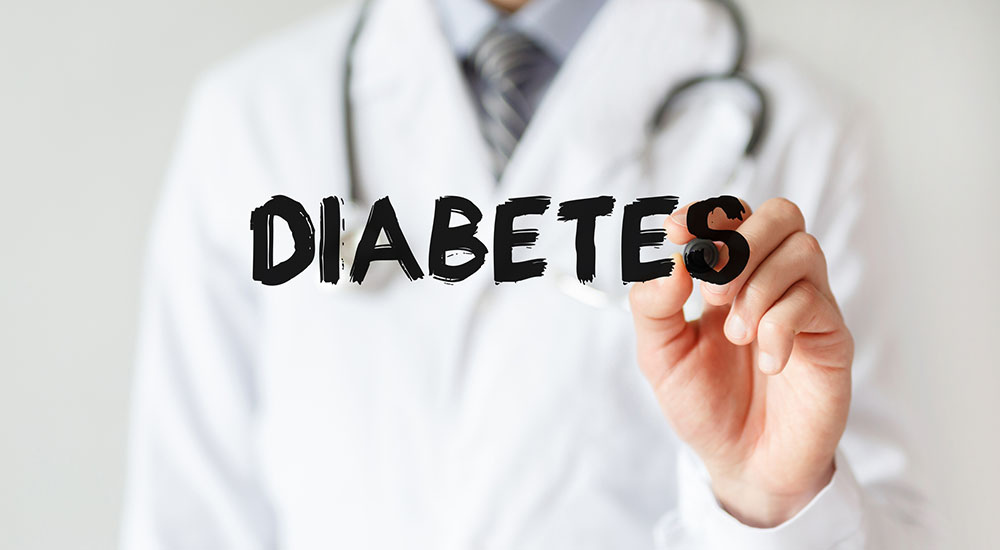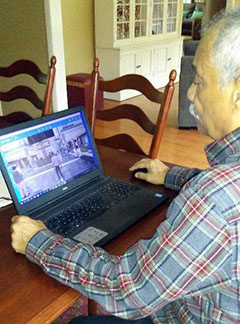The American Diabetes Association (ADA) has awarded recognition status to VA and the Department of Defense for a collaboration that produced virtual Diabetic Self-Management Education (DSME) for Veterans, active duty personnel and their families.
ADA lauded the DSME, which patients access through VA’s Virtual Medical Center (VMC). They call it one of the most engaging and true-to-life virtual medical experiences focused entirely on diabetes self-management.
DSME benefits about 25% of Veterans and 10% of active duty personnel. It also meets ADA’s required national training standards.
“The Employee Education System worked with VA’s clinical staff to produce high-quality diabetes courses, ensuring the instructors were credentialed, qualified to teach and could help others navigate their way around the Virtual Medical Center,” EES acting Chief Learning Officer Elizabeth James, said.
“The resources we invested into this project paid off by making the Virtual Medical Center a state-of-the-art, telehealth experience that Veterans and service members have eagerly embraced.”
Patients create their own avatars to navigate virtual medical center
EES enhanced the virtual medical experience by introducing detailed avatars to the VMC. Patients transform these graphical representations into a version of themselves by selecting characteristics to include gender, race, hair color and even clothing.
Avatars then navigate the VMC which mimics the appearance of most VA hospitals.
Avatars can visit different classes, ask educators questions and even engage in real-time discussions with other avatars in their class. They are also able to access any class in the facility. Other classes include heart disease and hypertension.
Orville Bell, a 70-year-old Navy Veteran who receives care at the VA Louis Stokes Cleveland VA Medical Center, says he attends the online DSME classes every week, which is twice as often as he did prior to the pandemic.
Lost 30 pounds and kept it off for two years
Bell said attending DSME classes helped him lose 30 pounds. His A1C has improved from 11 to 6.7, and he has maintained his current weight for two years.
“At first, the Virtual Medical Center was intimidating, but they have a lot of support staff. I really like it because they keep me focused on how to eat, make good diet decisions. I also like listening to how other people remain disciplined. It’s kind of like being in ‘Diabetes Watchers’ instead of Weight Watchers.’”
ADA was so impressed with the DSME that they invited EES to showcase the program at its 81st Scientific Session in Washington, D.C., this June.
Robert Gabbay is the ADA chief scientific and medical officer. He praised the VA-DOD collaboration for its ability to positively impact Veterans and service members serving around the world.
“This is a unique program with the potential for incredible reach,” he said. “We are excited to partner with VA on this important initiative.”
Karen Eifert is an Employee Education System communications specialist.
Topics in this story
More Stories
It’s essential for Veterans to take action and prepare for tornados and spring storms while staying informed.
Army Veteran Jeffery Williams' journey is a testament to resilience, perseverance and the power of innovation in transforming lives.
VA’s latest data shows a decrease in the suicide rate among women Veterans, but more effective interventions and support systems are needed.






